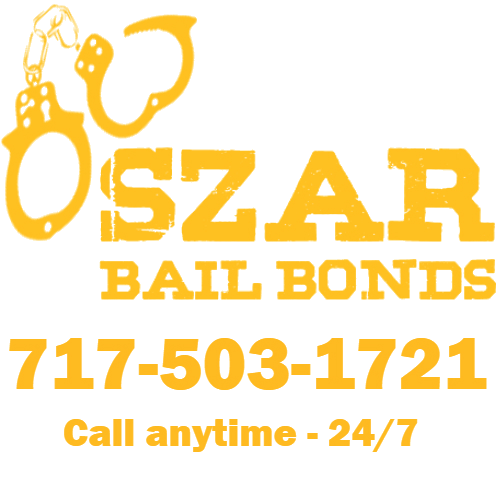The only thing separating a citizen from jail when they get arrested is the ability to post bail. However, you might only have cash bonds as an available option, making the process a bit more complicated.
Why Cash Bonds?

Cash bonds often remain reserved for those who are already standing on thin ice with regards to their local courts. Whether they are a repeat offender, have outstanding parking tickets, or the judge thinks they are a flight risk, your only way out might be through a cash bond.
Unlike with other bail bonds, the court is only permitting you to pay off your bail amount in cash or specified assets that the judge explains. And because these become applied to those arrested that get deemed a moderate flight risk, you’re going to need to pay the entire amount in full.
Do I Have To Have ALL of The Money Upfront?
In other situations, the judge may take some of the outstanding court fees and convert them into a separate cash bond. That makes it easier for the defendant to pay off, as well as ensures that you are coming up with at least some money.
If you don’t have the amount in full, you probably can’t leave jail. In many instances, you are allowed to include family members or loved ones to assist you in posting bail, or you might contact a bail bonds service that provides cash bonds.
Once your bail is considered exonerated, or no longer needed, you can often recoup the majority of your bail payment minus any court fees incurred. If you sign through a bail bond provider, they will detect their costs as well since they are the ones that paid the majority of the money in the first place.
Cash bonds get used as a safeguard for those who have already had a history of breaking the law. Before you attempt to leave jail now, make sure that cash bonds are the best option for your situation.

